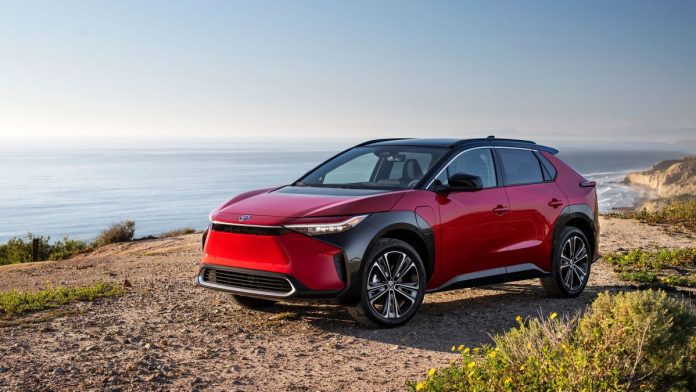Investors and environmental organizations have consistently criticized Toyota in recent years for its sluggish progress toward electrification, with American critics being the loudest. However, the new management group that took over at the Japanese automaker on April 1 has vowed to prioritize BEVs.
Toyota announced last month that it would release ten new battery-powered vehicles by the year 2026 and that it would aim to produce 1.5 million BEVs annually worldwide.
Following this plan, the carmaker will continue to make BEVs in addition to hybrids, plug-in hybrids, fuel cells, and other alternative fuel cars. When Toyota reaffirmed its commitment to a multifaceted strategy, some of its harshest skeptics argued that this was too little, too late.
It’s important to note that the White House accepts Toyota’s commitment to BEVs at face value. According to White House senior advisor John Podesta, who recently met with senior corporate officials, he admitted that the Japanese carmaker “has been the laggard” in this field, but things are improving.
On May 2, Podesta stated, “I think they’re going to stick with plug-in hybrids for a while, maybe longer than some of the other companies, but they’re fully committed under their new leadership to electrification.”
Toyota and its Lexus luxury brand have three battery models on sale in the global market: the bZ4X SUV, the China-only bZ3 sedan, and Lexus UX. With a goal of producing 1.5 million units a year by 2026 and producing less than 25,000 BEVs sold last year, it’s a giant leap, but Toyota undoubtedly has the resources to accomplish its goal.
As part of the new plans unveiled last month, the automaker will manufacture a brand-new three-row electric SUV in the US, making its debut in 2025. In addition, in August 2022, it would increase from $1.29 billion to $3.8 billion in its planned investment in a new battery plant in North Carolina.




